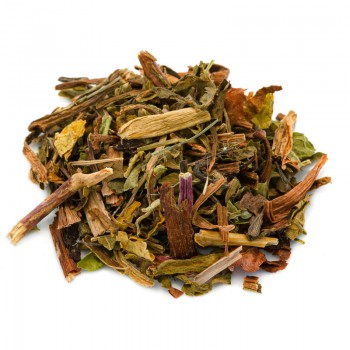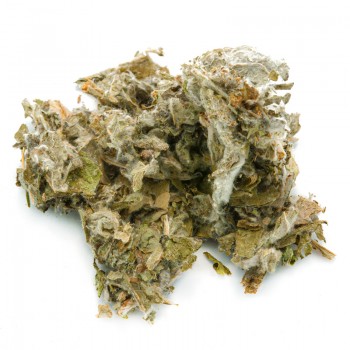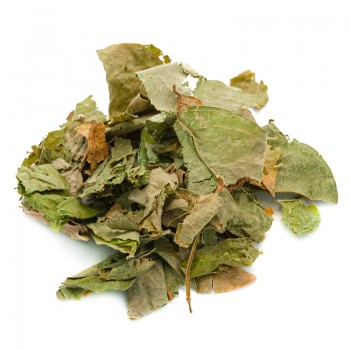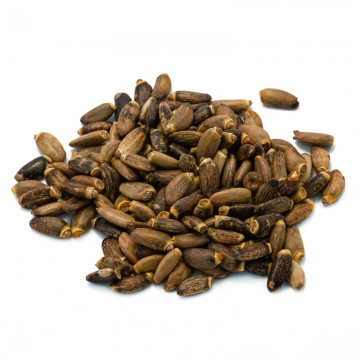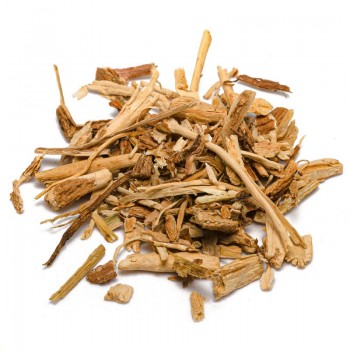This medicinal plant from South America has been used for centuries by the populations of the Andes for its beneficial and purifying characteristics. In particular, for its ability to improve intestinal, liver and diuretic functions.
Boldo of Chile: properties and benefits
The Boldo is known to the Chilean Andean, for its stimulating properties of the gastrointestinal tract, and for its liver protection.
This plant is able to regulate the production of bile, thin it, activate, protect and purify the liver.
A process that improves digestion, and is beneficial for treating gallstones.
It is considered a stimulant of the secretion of bile from the gallbladder, capable of toning and strengthening liver function - even with detoxifying effects.
Its benefits derive from the fact that in this plant there are at least 17 alkaloids, of which one alkaloid - boldin - is believed to be responsible for much of the biological activity of boldo.
It is boldin that increases the production of bile, and the secretion of gastric juices to protect and improve the function of the digestive system and other functions.
The use of Boldo del Chile leaves for herbal tea, therefore, can be useful for protecting the liver and gallbladder, as well as for treatments dedicated to the digestive system.
In ancient times it was used in Chilean folk medicine to expel intestinal worms, to avoid constipation, flatulence, poor digestion - especially slowness in assimilating food and intestinal transit .
The boldo leaves in herbal tea are valid natural allies for those who have to treat irritable bowel syndrome, or colitis.
As a tonic plant it has also been used to relieve the symptoms of rheumatism, earache and colds. It seems that, from some studies, boldin always has natural anti-inflammatory properties.
Boldo also plays a slightly laxative role, with diuretic effects that help detoxify the body and relieve urinary tract disorders such as cystitis.
The leaves of the boldo tree are used to make an herbal tea with a pleasant flavor, which can have, in addition to benefits on digestion, also a slightly calming effect suitable for counteracting the insomnia.
Origins and History of cultivation
Boldo, also known as the Chilean tree due to its origin, is a perennial medicinal plant.
It is one of the most popular herbal remedies of the southern Andes, and its history becomes legend when it comes to its discovery.
A folk tale tells that a Chilean shepherd observed the sheep grazing near the boldo shrubs, noting that they remained healthy, and suffered from less liver disease.
Since then, the plant has been adopted by local populations to treat liver, intestine and gallbladder problems.
It is assumed, however, that the indigenous Mapuche and other peoples used boldo for hundreds of years before the arrival of Europeans in the Andes, who discovered its excellent properties for digestion, to relieve insomnia or minor pains ..
Today, the leaves and bark of the plant are exported all over the world, for the wellness treatments they guarantee.
Plant and flowers
Peumus boldus is a perennial medicinal plant of the Monimiaceae family - closely related to Lauraceae, which includes herbs such as bay leaf, avocado and cinnamon.
Popularly known as Chilean boldo or simply boldo, the plant consists of a small, slow-growing evergreen shrub - up to a height of 6-8 meters.
Boldo produces berry-like fruits, and fragrant flowers.
The plant is native to the Andean regions of Chile and Peru, but is now also cultivated by Berbers in the mountainous areas of Morocco and North Africa, as well as in Italy and Brazil .
Nutritional values del Boldo of Chile
Boldo has many biologically active chemicals and antioxidants. As we have mentioned, it has alkaloids, including boldin.
In addition, boldo contains active substances on our body, including coumarin, eugenol and asaridol .
How to consume Chilean Boldo leaves as a herbal tea and in the kitchen
For a good infusion, it is advisable to use for a cup (250 ml), about 3-5 grams of Boldo leaves with water at 100 ° C.
Leave to infuse for 5 to 7 minutes, before drinking the herbal tea.
We remind you that in the countries of South America the leaves are used to season many dishes of fish, mushrooms, vegetables and as components for sauces.
Boldo from Chile: side effects and contraindications
It is important not to overdo the intake of boldo, as excessive doses can cause vomiting, diarrhea and convulsions.
Boldo is contraindicated in pregnancy or breastfeeding.
Some substances contained in boldo such as asaridol and boldin, can have toxic effects but only in high dosages.

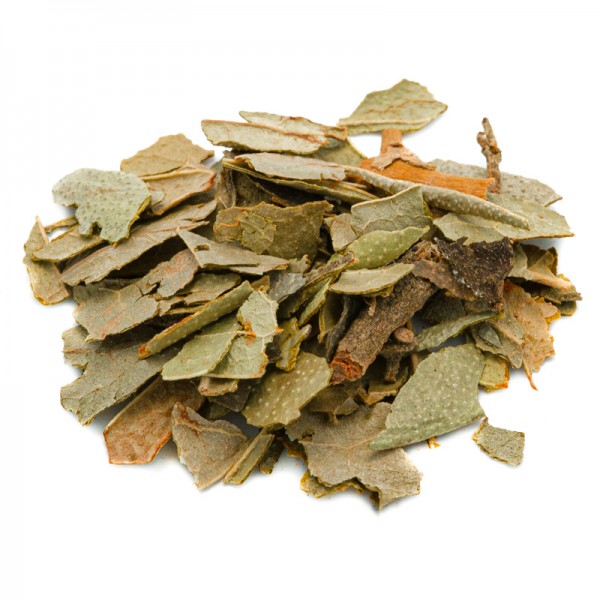









 No reward points for this product.
No reward points for this product.
